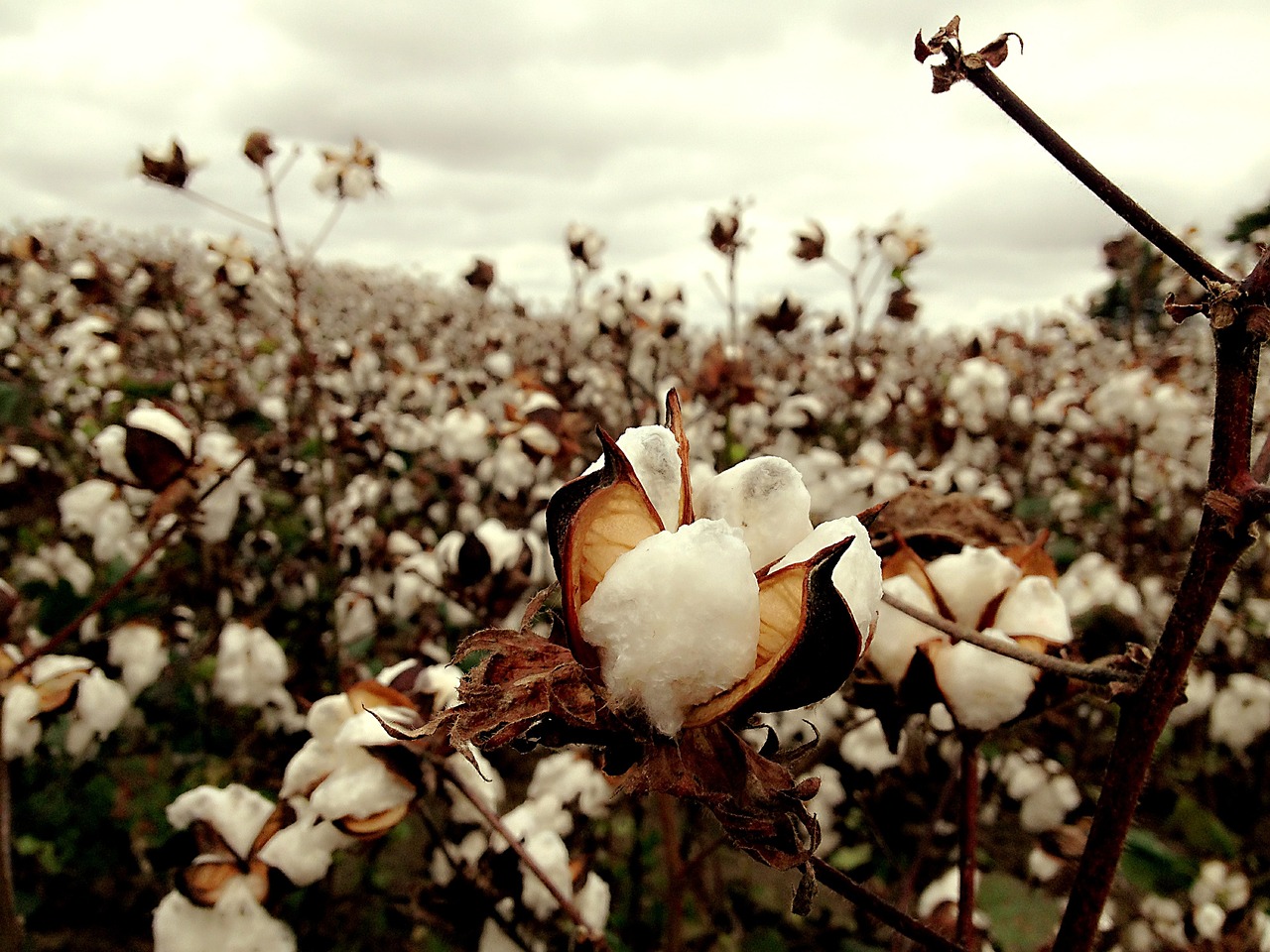commodity exchange After ceasing to trade the commodity in 2009, the National Commodity and Derivatives Exchange (NCDEX) would resume offering groundnut futures contracts the following week. The trading of groundnut futures contracts will resume on June 20 and continue through the months of July through September 2023. The exchange will continue to introduce new contracts in accordance with the contract launch calendar. The “groundnut with shell” futures contract on the commodity exchange will have Bikaner as the delivery center and Gonda, Gujarat as a secondary point of delivery.
In accordance with an NCDEX directive, the transaction fees for groundnut would be Rs 3 for every Rs 1 lakh of the entire deal. Five metric tonnes would be the delivery unit as well as the trade or lot size unit. Oilseed producers will probably benefit from the groundnut futures market in hedging their price risk on the exchange platform, according to industry sources. It would enable better pricing stability, allow for hedging opportunities, and provide a useful tool for market participants, including farmers, processors, traders, and end-users, according to Sudhakar Desai, president of the Indian Vegetable Oil Producers’ Association. In the kharif season, most groundnuts are grown.
Rajasthan, Tamil Nadu, Andhra Pradesh, Karnataka, Madhya Pradesh, Maharashtra, and West Bengal are the other top groundnut-producing states in the nation after Gujarat, which is the leading producer overall. Meanwhile, farmer producer organizations (FPO) have resurrected their demand for the resumed trading of groundnut futures in light of the decline in the price of mustard seeds, which are currently trading at roughly Rs 4,900/quintal as opposed to the minimum support price of Rs 5,450/quintal because of a bumper crop. The cost of mustard mandi is at its lowest point in the past two years.
According to Roop Singh, CEO of Uttan Mustard Producers Company, an FPO with headquarters in Bharatpur, Rajasthan, “the ban on futures trade on mustard seed should be immediately lifted so that we can drive a better price on commodity exchanges.”Seven agricultural commodities, including non-basmati paddy, wheat, chana, and mustard seeds, were subject to a one-year Sebi prohibition on futures trading due to growing costs. Previously, the trading of chana (gram) and mustard seed futures was halted on August 16 and October 8, respectively. Multiple agricultural commodities were still subject to a one-year prohibition on futures trading.
According to a study undertaken by academics from prominent schools like the Indian Institute of Management (IIM), Udaipur, the suspension of futures trade in a number of agricultural commodities on the commodity exchanges has no effect on the volatility of retail prices. The study titled “Assessing the Impact of Commodity Derivative Suspension” claimed that while suspension from the futures market is frequently justified on the basis of speculative activity originating from trade in the futures market, neither it nor any empirical evidence of the impact of the suspension on price has been found.

